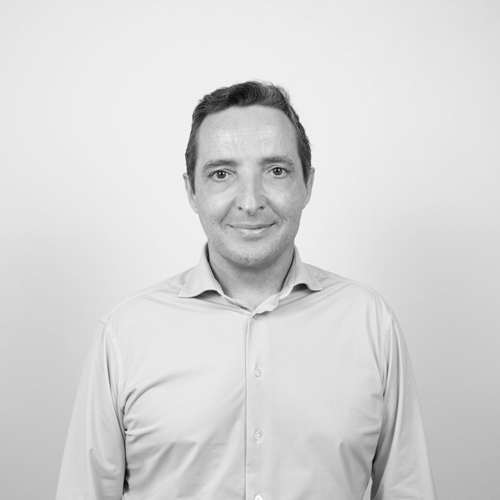Dr. J.M. Corchado
PhD in Computer Science (University of Salamanca) and Artificial Intelligence (University of West of Scotland)
Full Professor in Computer Science and Artificial Intelligence, Department of Computer Science and Automation, University of Salamanca, Spain
Juan Manuel Corchado (15 May 1971, Salamanca, Spain) is director of the BISITE Research Group (Bioinformatics, Intelligent Systems and Educational Technology) and patron of the AIR Institute, director of the IoT Digital Innovation Hub. He is also visiting professor at the Osaka Institute of Technology and visiting professor at the Universiti Malaysia Kelantan.
Juan M. Corchado has been vice-rector for Research from 2013 to 2017 and director of the Science Park of the University of Salamanca. He was elected twice as Dean of the Faculty of Science, has been president of the IEEE Systems, Man and Cybernetics association, and academic coordinator of the University Institute for Research in Art and Animation Technology of the University of Salamanca, as well as researcher at the Universities of Paisley (UK), Vigo (Spain) and the Plymouth Marine Laboratory (UK). He has also been a member of the Advisory Group on Online Terrorist Propaganda of the European Counter Terrorism Centre (EUROPOL) and has been a visiting professor at the University of Technology Malaysia.
J. M. Corchado mainly works on projects related to Artificial Intelligence, Machine Learning, Fintech, Blockchain, Cybersecurity, IoT, Fog Computing, Edge Computing, Smart Cities, Smart Grids, Bioinformatics, Neuroscience and Sentiment Analysis.
In addition, Juan M. Corchado is:
- Member of the NVIDIA Advisory board focused on Generative AI (SANTA CLARA, CALIFORNIA).
- Full member of the Royal Academy of Medicine of Salamanca.
- Trustee of the AstraZeneca Foundation.
- Independent Director of Neurofix Pharma.
- Member of the Scientific Advisory Board of the GADEA Foundation for Science (ENGINEERING AND TECHNOLOGY Department).
- Member of the Technical Commission of the National Wine Platform.
- President of the Academic Council of the Valencian Community Foundation Valencian Postgraduate School and Artificial Intelligence Research Network (ValgrAI), of the Generalitat Valenciana.
- Member of the Technical Committee (Salamanca) of the Spanish Association Against Cancer.
